T4K3.news
Trump claims six wars ended
Trump asserted he ended six conflicts since taking office, but fact checks show several claims are disputed or partially inaccurate.
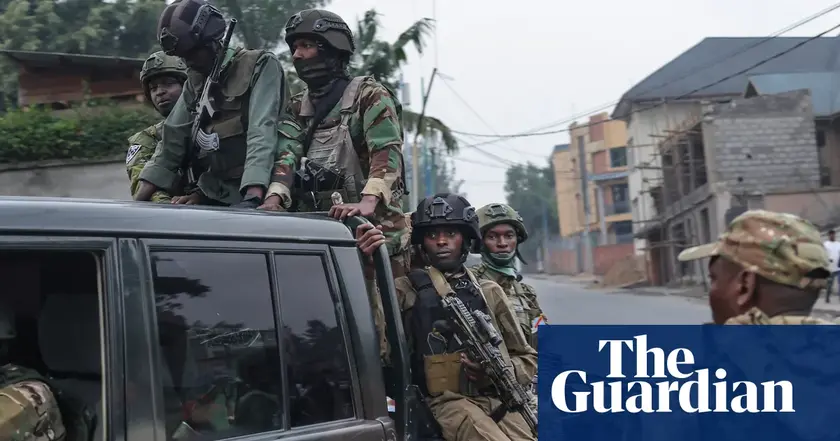
Trump asserts he ended six wars since taking office, but the record shows a mix of disputed definitions and ongoing conflicts.
Trump claims he ended six wars under scrutiny
During talks over Ukraine at the White House, Donald Trump claimed he wants peace deals rather than ceasefires and said he has ended six wars since taking office. The list includes Israel and Iran, the Democratic Republic of Congo and Rwanda, Cambodia and Thailand, India and Pakistan, Serbia and Kosovo, and Egypt and Ethiopia. Critics say the claims are selective and rest on disputed definitions, noting continued violence in some of the listed areas.
The piece also notes how Trump has spoken about ceasefires in several cases. In India and Pakistan, officials reportedly announced a ceasefire after American mediation, and calls for a pause in fighting emerged in Thailand and Cambodia. In the Israel Iran context, statements have centered on a ceasefire, while actual conditions on the ground remain contested. In Africa and the Nile dispute between Egypt and Ethiopia, root causes persist even as talks occur. The Ukraine episode underscores how leaders frame diplomacy to suit political timing, even as the outcomes remain fragile and disputed.
Key Takeaways
"Endings require verification, not rhetoric"
Editorial takeaway on how to judge claims about peace
"A peace deal is not a trophy until it sticks"
Comment on durability of agreements
"Facts outrun slogans in foreign policy"
Call for accountability and evidence
The pattern here is political framing more than diplomatic record. Labeling a period as an end to a war depends on definitions people accept and on verification from independent observers. By highlighting six cases, the claim taps into a narrative of decisive leadership, while glossing over ongoing violence and unresolved disputes. The Ukraine episode shows how timing and rhetoric can influence public perception before durable agreements are in place.
This matters because foreign policy is judged not just by slogans but by measurable outcomes. When a leader revisits past claims to serve a campaign cadence, trust in diplomacy can be undermined. The discussion also raises questions about the role of the United States in mediation and the limits of presidential authority to declare wars ended without cross‑border consensus and on-the-ground verification.
Highlights
- Endings require verification, not rhetoric
- A peace deal is not a trophy until it sticks
- Facts outrun slogans in foreign policy
- Rhetoric on war reveals how quickly stories shift
Political and geopolitical sensitivity
The piece discusses claims about ending wars and potential misinformation, which could trigger political backlash or misinterpretation about US diplomacy and global conflicts.
Language shapes action in foreign policy and the public’s trust in leadership.
Enjoyed this? Let your friends know!
Related News
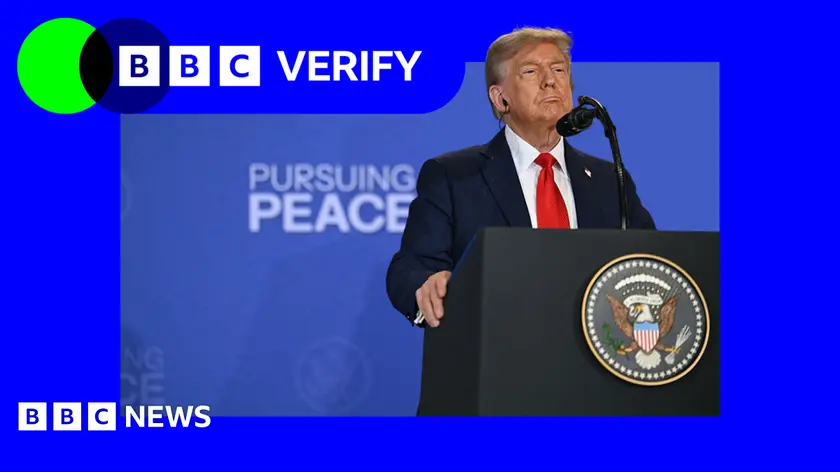
Trump claims he ended seven wars
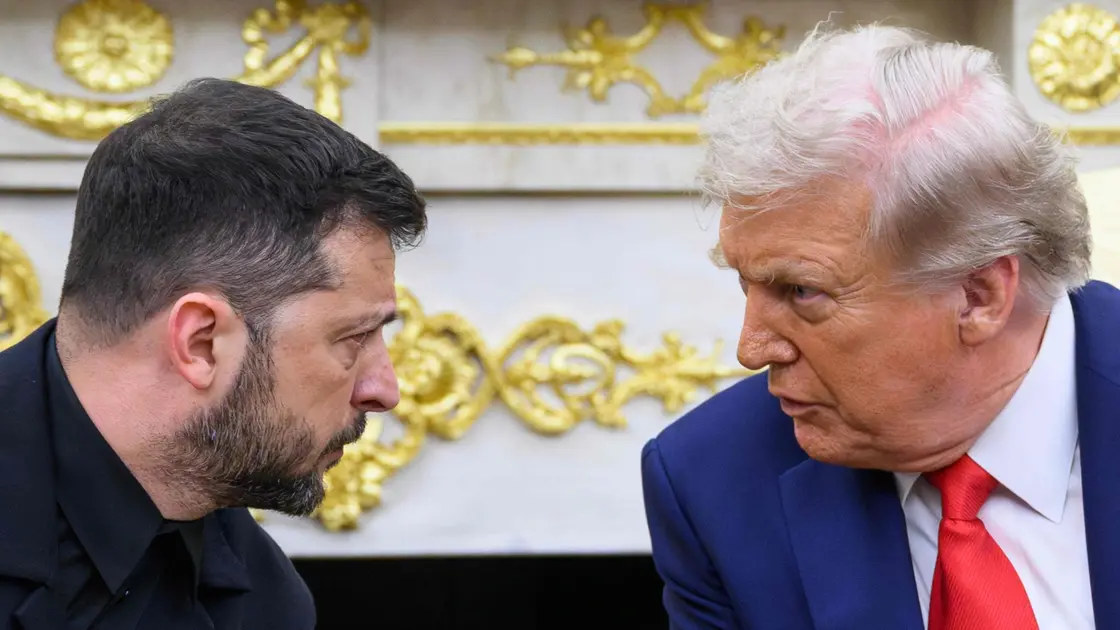
Trump claims to end six wars in six months
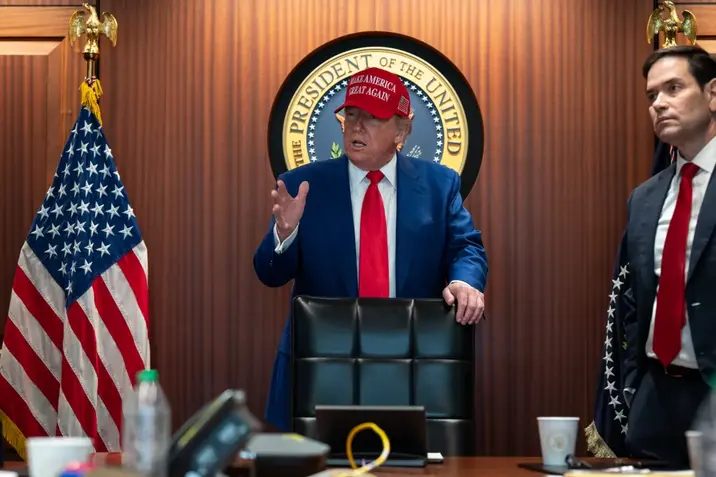
Clarifying report on six wars claim

Fact checks challenge Trump ceasefire claims
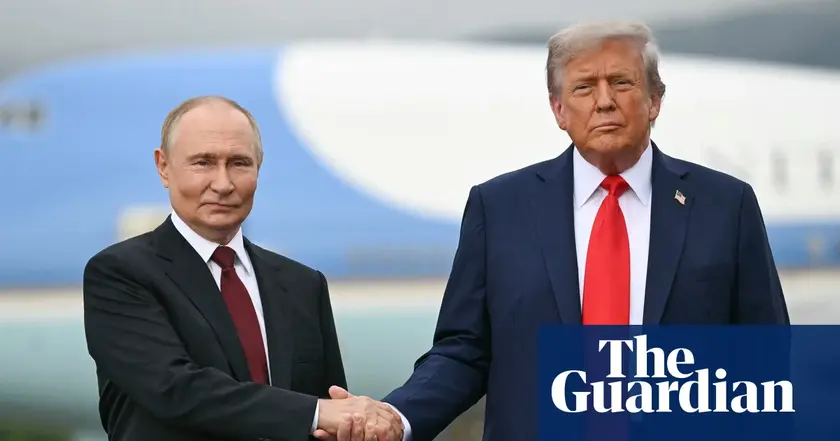
Trump shifts stance on Ukraine ceasefire after Putin talks

Peace terms collide with battlefield reality
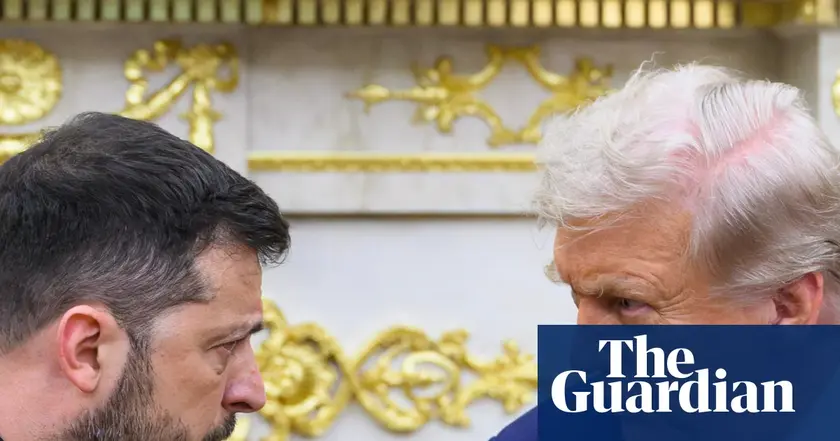
Zelenskyy Holds Ground in White House Talks

UN warns of catastrophic hunger in Gaza
